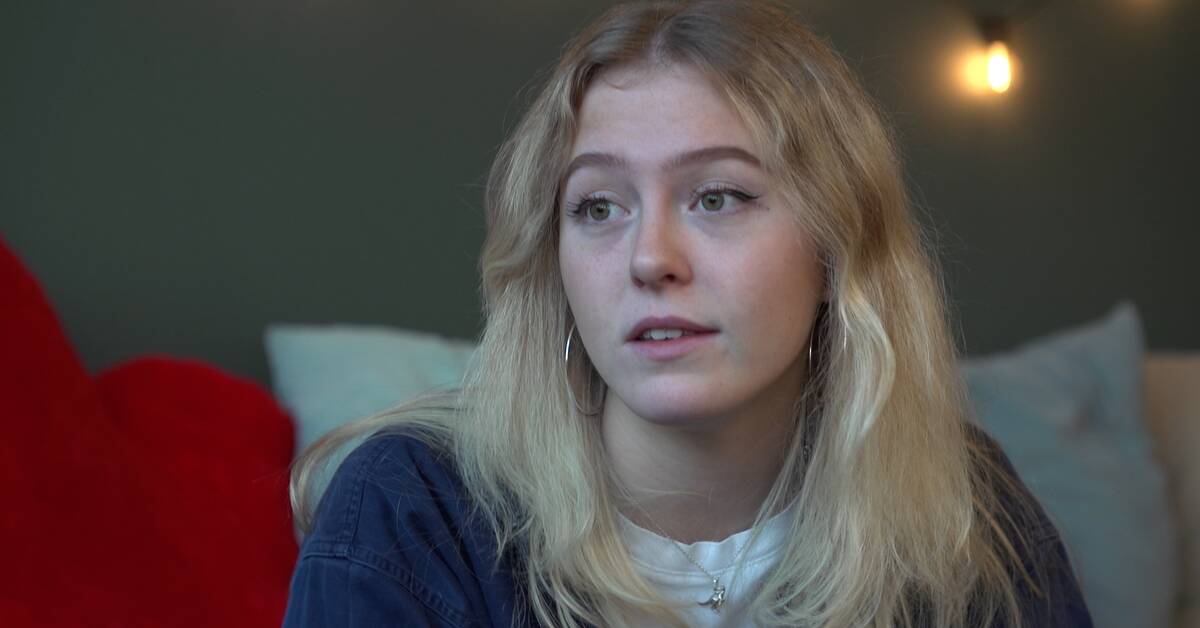Linnea often stayed home from school because one of her parents was unwell.
- Since I still didn't believe in a future, I might as well stay at home, she says.
Helen Klaesson, who works at the organization Dankrosbarn, describes it as a major social problem.
- These children often fall through the cracks and it will be unfair and unequal if we don't help these children pass school, says Helen Klaesson at Maskrosbarn.
“Must do more”
She often meets children with abusive and mentally ill parents.
According to her, the reasons for school absence in this group are several.
- Some are at home to care for their parents.
Others to take care of siblings or even the entire household.
Some stay at home because there is violence in the home and they avoid going to school because they don't want to show the injuries.
Others stay at home out of shame.
She believes that knowledge about these children must increase in schools.
You have to get better at asking the right questions to find these kids.
They must also be given the opportunity for adaptations at school even if they do not have a diagnosis.
Education Minister Lotta Edholm says that the school must do more for all children, regardless of the reason for school absence.
- There is already help to be had, but both municipalities and the government can do more, says the education minister.
Malin Gren Landell is a researcher who has worked with school absenteeism for a long time.
She says this is a group society is failing.
- They end up under the radar, she says.
And these children are also quite a large group.
"Needed hope"
At the same time, there is a lack of research and statistics about the students sitting at home.
And as long as it is not addressed, these groups will continue to be invisible, she says.
For Linnea, things changed in junior high school and today she is studying at university.
But she wishes she had gotten help sooner.
- The only thing I needed was hope, she says.

